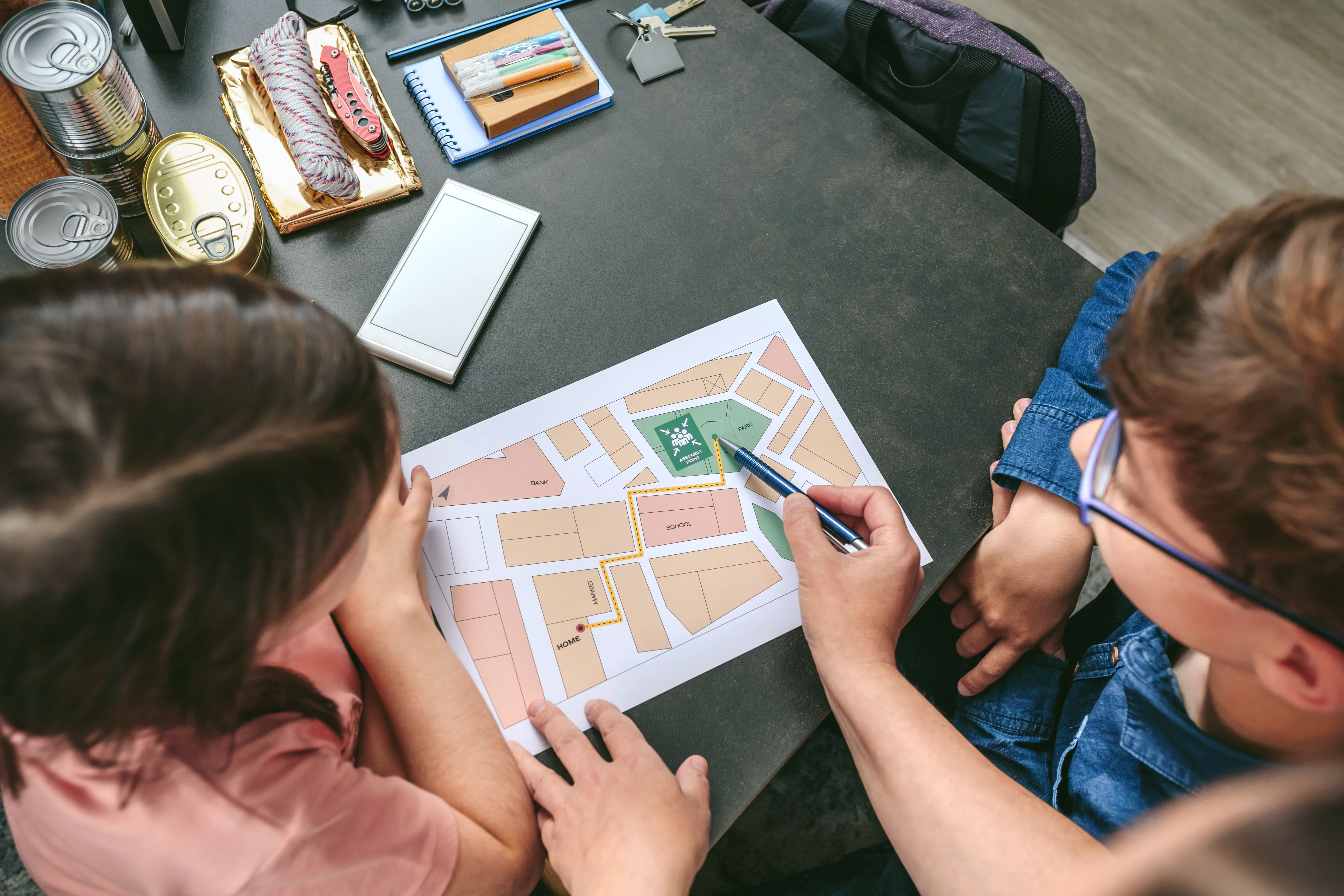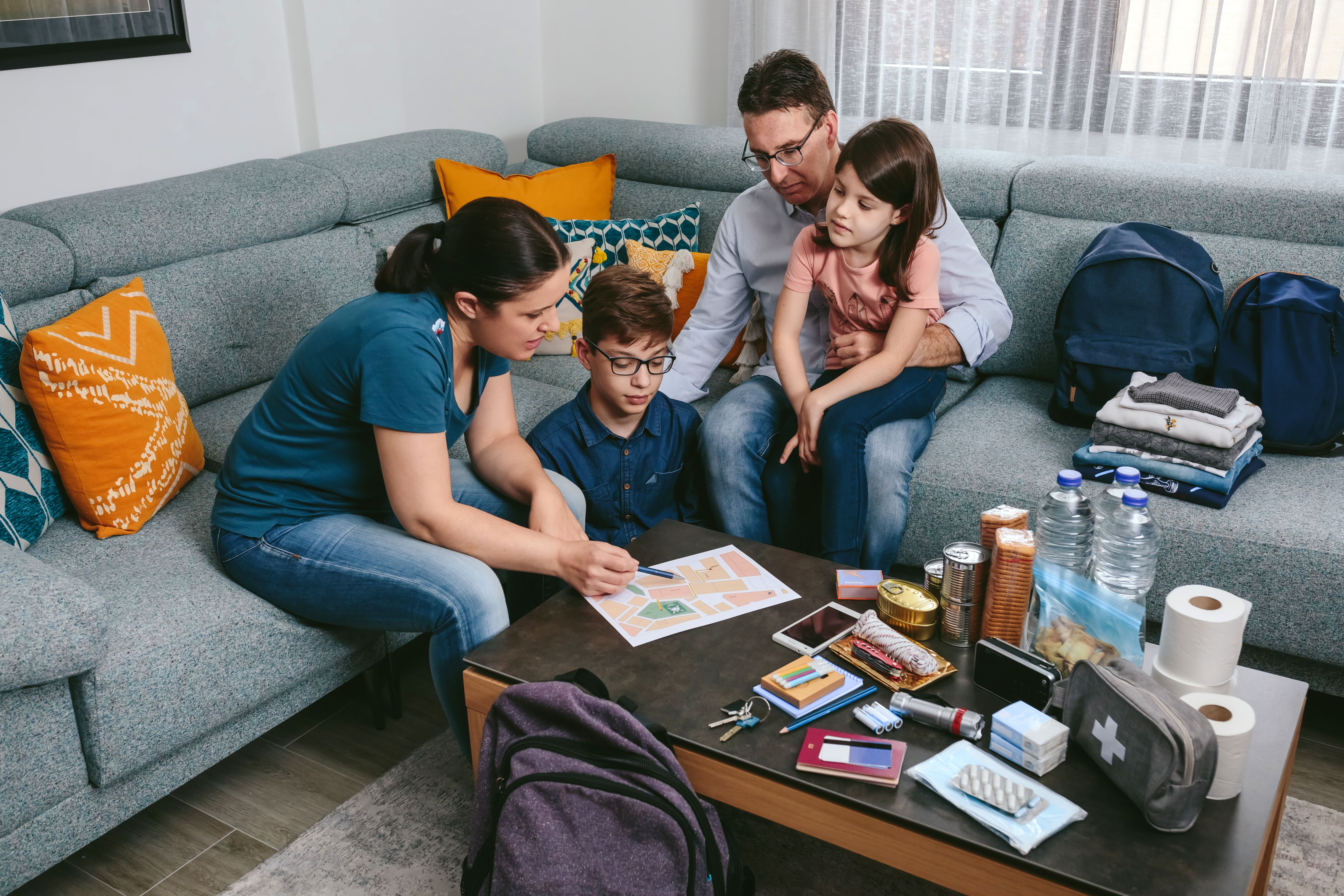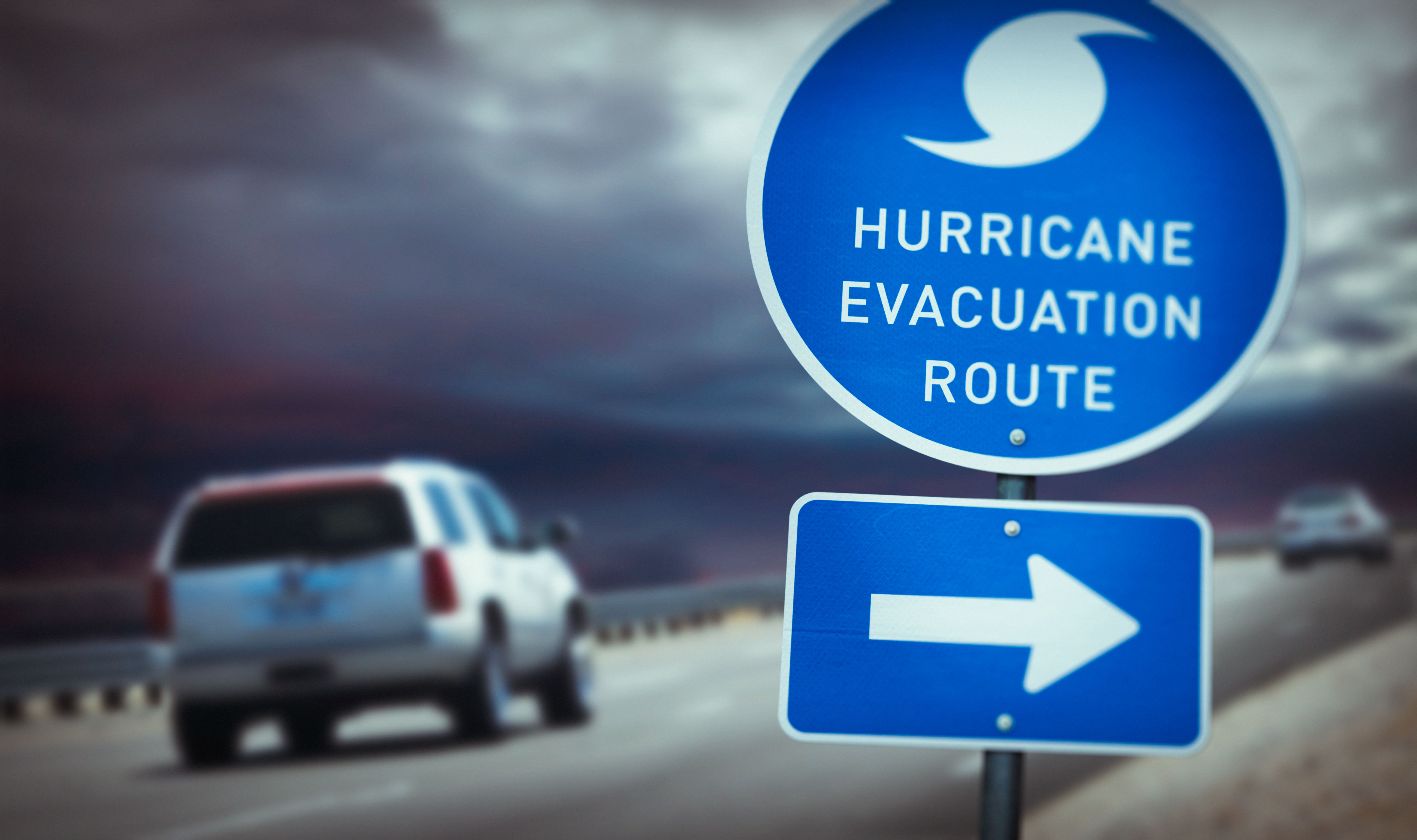Hurricane Preparedness: Essential Tips for Southwest Florida Residents
Understanding the Hurricane Season
Southwest Florida residents are no strangers to the hurricane season, which typically runs from June through November. During this time, the region is susceptible to tropical storms and hurricanes that can cause significant damage. Understanding the dynamics of hurricane season is the first step in preparing effectively. Assessing the potential risks and knowing the historical patterns of hurricanes can help residents prepare adequately.

Creating a Hurricane Preparedness Plan
One of the most crucial steps in hurricane preparedness is having a solid plan in place. This should include evacuation routes, emergency contacts, and a communication strategy for family members. It is essential to designate a safe meeting place and ensure everyone knows how to get there. Additionally, preparing a list of essential items to take during evacuation can save time when every minute counts.
Download the LEE PREPARES app and sign up for weather alerts on the Lee County website. You should check your Flood Zone on the map- our office is flood zone B.

Assembling a Disaster Supply Kit
A well-stocked disaster supply kit is vital for weathering a hurricane. This kit should contain essentials such as:
- Water: At least one gallon per person per day for at least three days.
- Non-perishable food: A three-day supply of food that requires no cooking.
- First aid kit: Include basic supplies and any necessary medications.
- Flashlights and batteries: Power outages are common during hurricanes.
Don’t forget to include important documents like insurance papers and identification in waterproof containers.
Securing Your Home
Before a hurricane strikes, it's crucial to secure your home to minimize damage. Start by inspecting your roof, windows, and doors for any vulnerabilities. Installing storm shutters or boarding up windows can offer additional protection. It's also wise to secure outdoor furniture and other items that could become projectiles in strong winds.

Staying Informed
During hurricane season, staying informed about weather updates is essential. Utilize multiple sources such as local news channels, radio stations, and weather apps for real-time information. The National Weather Service and local emergency management agencies provide reliable updates and alerts that can guide your actions during a storm.
Evacuation Procedures
If local authorities issue an evacuation order, it's vital to comply promptly. Delaying evacuation can put you and your family at risk. Ensure your vehicle is fueled and ready for a quick departure, and follow designated evacuation routes to avoid traffic congestion. Remember to check on neighbors who may need assistance, such as the elderly or those with mobility issues.

Dealing with Aftermath
The aftermath of a hurricane can be challenging, with potential power outages and property damage. After the storm passes, assess any damage cautiously and listen for official guidance on when it is safe to return home if you evacuated. Prioritize safety by avoiding downed power lines and flooded areas.
Being prepared for hurricane season in Southwest Florida requires advance planning and proactive measures. By understanding the risks, preparing a disaster supply kit, securing your home, staying informed, and knowing evacuation procedures, you can protect yourself and your loved ones from the devastating impacts of hurricanes.
